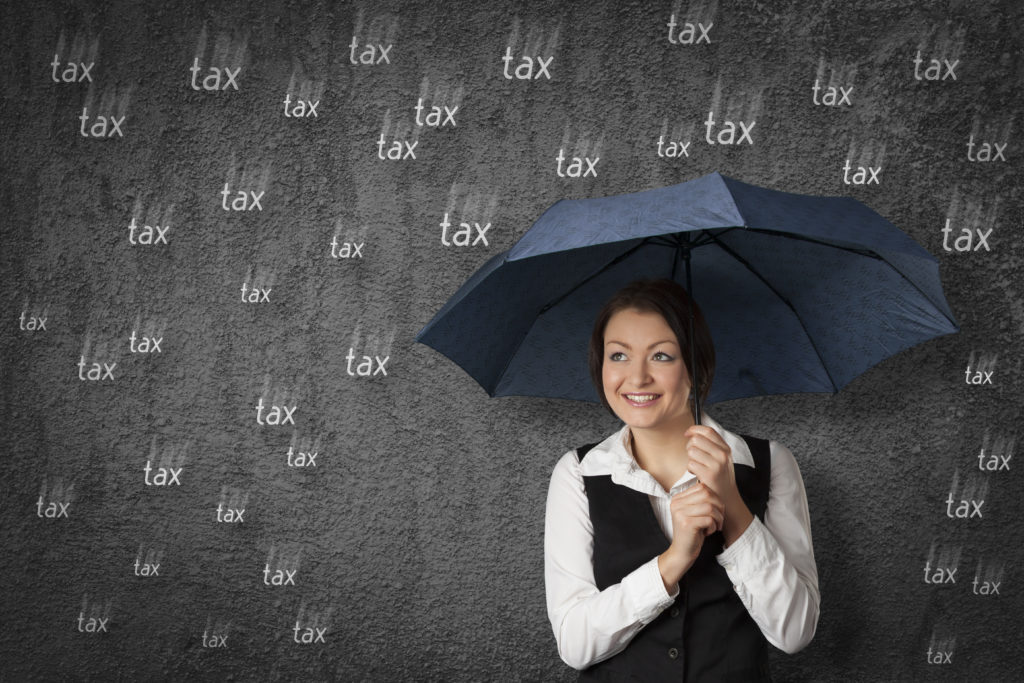
Evans Weir Autumn 23 Tax Briefing
Our latest Autumn Tax briefing is now available to download here.

Our latest Autumn Tax briefing is now available to download here.

Next in our series looking at how functionality in accounting software can be put to good use in SMEs, we consider the use of Cost Centres and Departments and how these can help you further analyse your accounts and support budgeting.

The Treasury and HMRC are reportedly looking at the removal of a ‘double tax break’ which currently enables families to inherit pension savings and not pay income tax or Inheritance Tax (IHT) on the proceeds. At present, families inheriting pension savings from somebody who dies before the age of 75 can withdraw funds and not pay any tax on the proceeds.

At the same time as a poll for the Sunday Telegraph suggested voters believe Inheritance Tax (IHT) to be the most unfair tax levied on UK residents, revised HMRC forecasts were suggesting that up to 50,000 more families would be faced with an IHT tax bill by 2028.

Today, the context of this question is far removed from introspection and now refers more to the way the business conducts itself, its impact on the environment and how it supports its wider community of neighbours, staff, customers, and suppliers.
We’re hiring. Recruiting for a Bookkeeper/Payroll Assistant in Chichester Established in 1967, we specialise in providing accounting advice and business support to start-ups, sole traders, charities, partnerships, and Limited companies. From our offices on the edge of Chichester City Centre, we maintain close working relationships with all our clients and pride ourselves on delivering a […]
If you run a business providing a service on a project-by-project basis, you may find that it is far from straight forward to work out the individual profit on each job or project because those costs may be distributed across a range of ledger codes. This is where project costing can help.
From an accounting perspective, you need to account for the initial purchase of an asset but then add in a transaction for each year you hold the assets, to reduce the value to the business. There are no hard and fast rules on when or by how much you depreciate the value of assets but this explains some of the key facts and aspects to be aware of.

Whilst the overwhelming majority of companies comply and pay the National Minimum/Living Wage rates, it has been identified that certain working practices or employers strict requirements can mean that the actual rate of pay falls below the legal minimums.
We’re hiring. Recruiting for an Accountant Established in 1967, we specialise in providing accounting advice and business support to start-ups, sole traders, charities, partnerships and Limited companies. From our offices on the edge of Chichester City Centre we maintain close working relationships with all our clients and pride ourselves on delivering a friendly and professional accounts […]

It is with sadness that we share the news that Christine Plumbridge passed away on Sunday 18th June 2023, following a short illness.

It is not uncommon for a director to loan a company money to assist with growth, asset purchases or cash flow matters. But loans into and out of the company accounts to a Director need careful management.